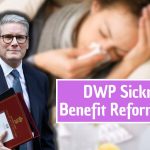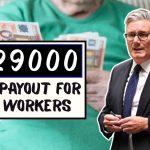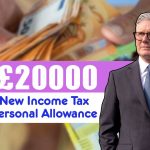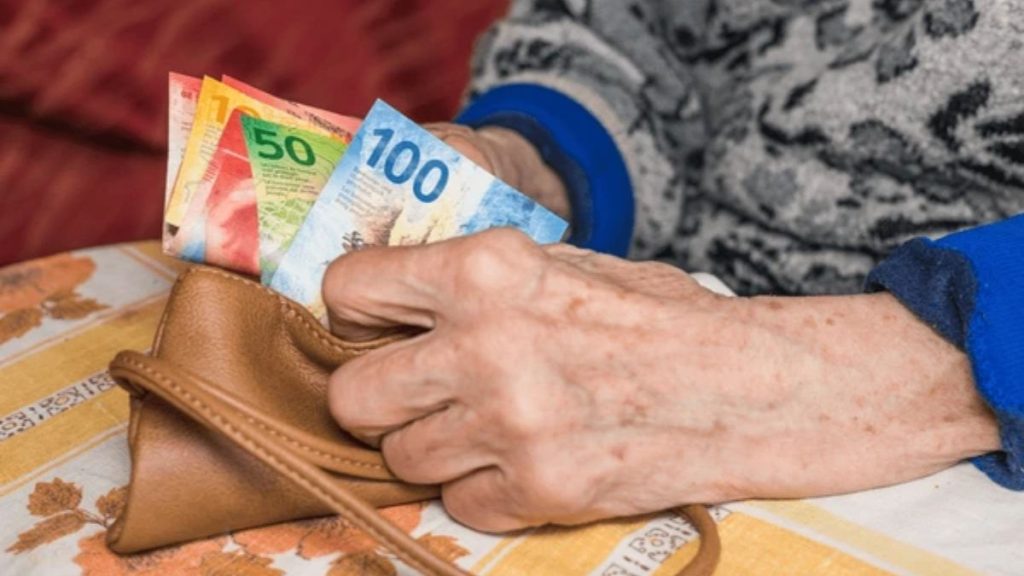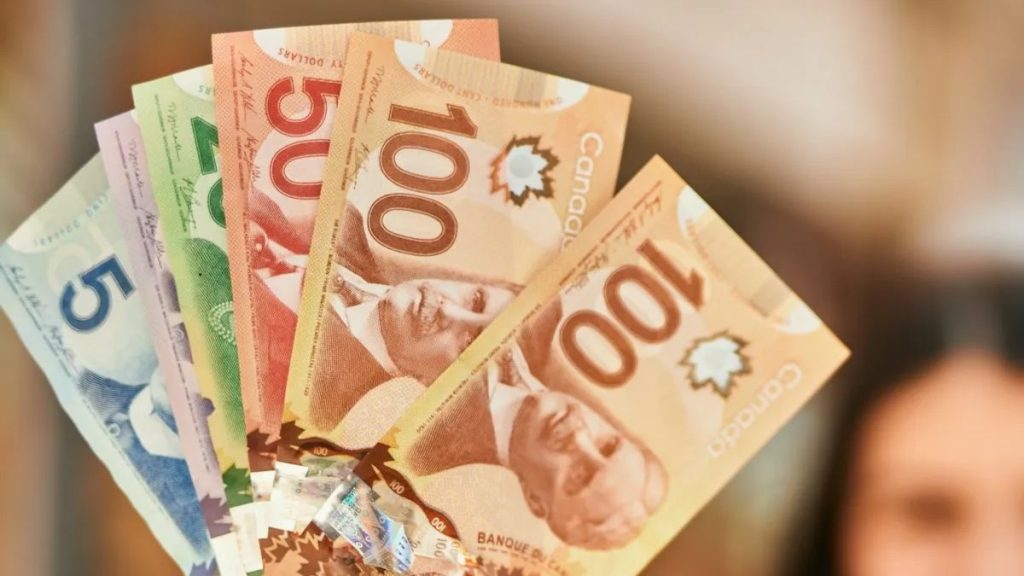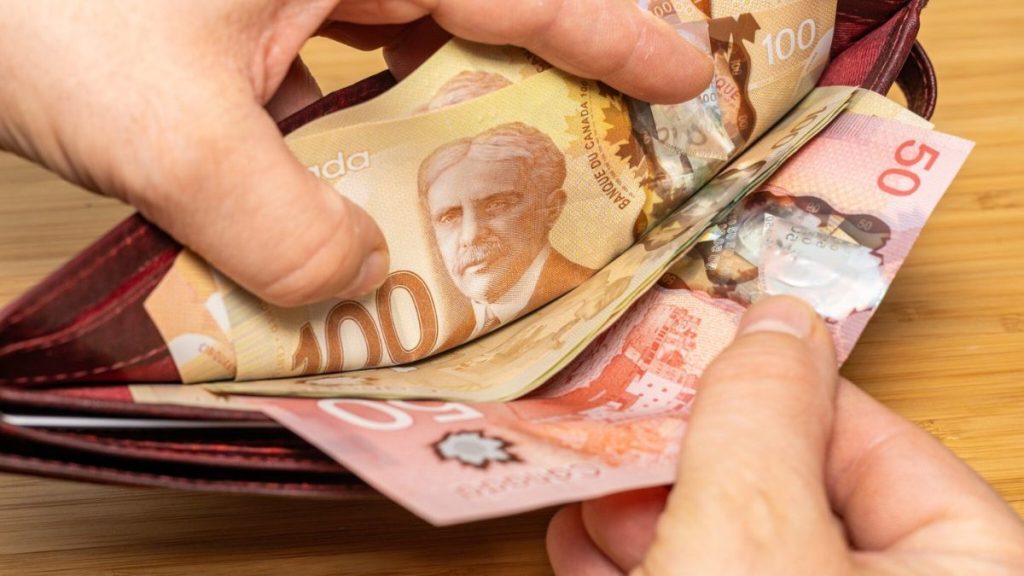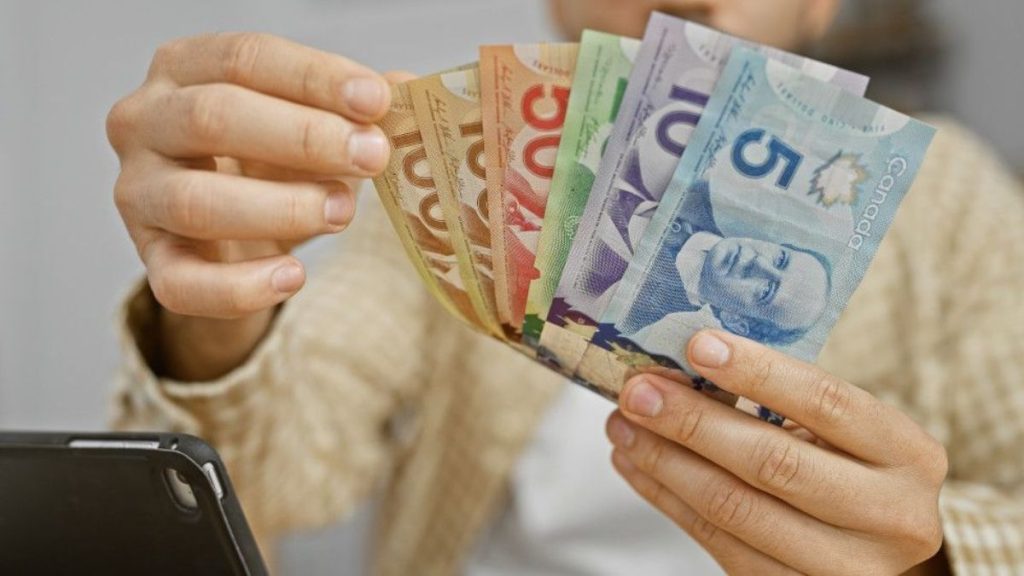The Department for Work and Pensions (DWP) has officially confirmed that Cost of Living Payments worth up to £500 will be distributed to millions of UK households throughout 2025. These payments are part of the government’s ongoing initiative to support low-income families and protect vulnerable citizens struggling with rising food, housing, and energy costs.
The payments will be split into three phases across the year, ensuring families receive help when they need it most—after winter heating bills, during summer childcare expenses, and ahead of Christmas spending.
Why the £500 Cost of Living Payment Matters
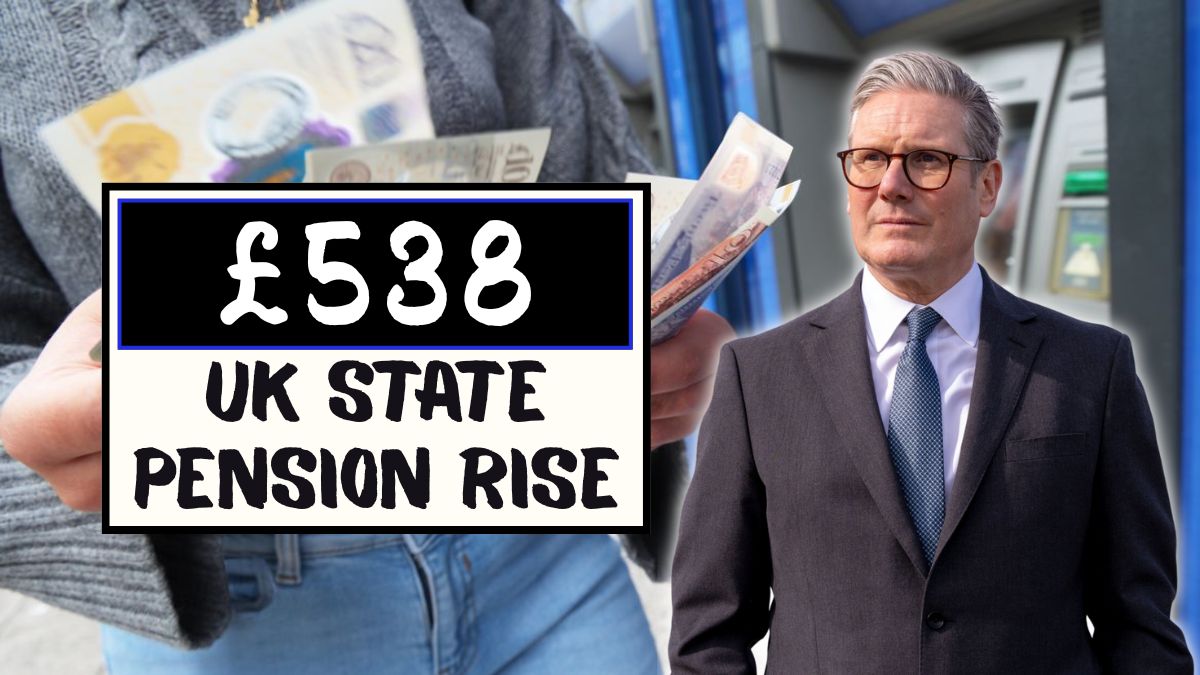
The cost of living crisis continues to challenge families across the UK, with inflation driving up the price of essentials like groceries and utilities. The £500 Cost of Living Payment serves as a vital financial safety net, ensuring that those most affected by rising costs have support for daily necessities such as rent, heating, and food.
For many pensioners, disabled individuals, and low-income households, this payment offers a crucial cushion during periods of economic uncertainty.
DWP’s Continued Commitment to Support
The government has emphasized that this initiative reflects its long-term commitment to supporting struggling families while maintaining stability within the benefits system. By staggering payments across the year, the DWP aims to prevent financial hardship during critical periods such as winter and school holidays.
This approach helps households plan better and avoid debt by spreading support instead of issuing a single annual payment.
Quick Overview: £500 DWP Cost of Living Payment 2025
| Detail | Information |
|---|---|
| Total Payment Amount | £301–£500 (depending on benefits received) |
| Payment Rounds | 3 instalments (Spring, Summer, Autumn/Winter) |
| First Payment Window | March–May 2025 |
| Eligible Benefits | Universal Credit, Pension Credit, Income Support, income-based JSA, income-related ESA, Housing Benefit, Tax Credits |
| Payment Method | Direct deposit to claimant’s registered bank account |
| Extra Support | Pensioners, disabled people, carers, and those with medical-related energy needs |
| Official Source | www.gov.uk |
Who Qualifies for the 2025 DWP Cost of Living Payment
Eligibility depends on whether you are receiving qualifying benefits during the government’s designated assessment period. You may qualify if you receive one or more of the following:
- Universal Credit
- Pension Credit
- Income Support
- Income-based Jobseeker’s Allowance (JSA)
- Income-related Employment and Support Allowance (ESA)
- Housing Benefit
- Working Tax Credit or Child Tax Credit
If you are receiving multiple benefits, only one payment per household will be made, based on the main qualifying benefit.
Additional Support for Specific Groups
Certain groups may receive extra financial assistance under the DWP’s 2025 support framework:
- Disabled Individuals: Those receiving PIP, DLA, or Attendance Allowance may receive supplementary aid.
- Carers: Those caring for a disabled or elderly person full-time may qualify for additional payments.
- Households with medical-related energy needs: Families requiring constant heating or medical equipment powered by electricity may receive priority assistance.
How Payments Will Be Made
All payments will be made automatically, meaning there’s no need to reapply or fill out new forms. The DWP will use the existing benefit system to issue payments directly into the bank account linked to your claim.
To avoid delays:
- Check your bank details are up to date with the DWP.
- Report any household changes, such as new dependents or a change in income.
- Contact DWP support immediately if a payment does not arrive within the expected window.
Payment Schedule for 2025
The £500 Cost of Living Payment will be divided into three instalments throughout the year:
| Phase | Timeframe | Amount (Approx.) | Purpose |
|---|---|---|---|
| Phase 1 | March–May 2025 | £301 | Helps households recover from high winter energy bills. |
| Phase 2 | July–August 2025 | Around £200 | Assists with summer expenses like childcare and groceries. |
| Phase 3 | October–December 2025 | Remaining balance | Provides support before Christmas and colder months. |
This structured approach ensures financial assistance is spread evenly throughout the year, targeting months of high expenditure and preventing households from facing financial gaps.
How to Check If You’re Eligible
Although the payments are automatic, it’s important to stay proactive. Follow these steps to confirm your eligibility and ensure timely payment:
- Verify your benefit status: Check that you’re receiving qualifying benefits during the assessment period.
- Update your records: Notify the DWP of any changes in your address, bank details, or income level.
- Monitor your account: Check for direct deposits from “DWP COLP” or similar references.
- Stay informed: Follow official DWP updates via gov.uk for accurate announcements.
- Report issues quickly: If your payment is missing, contact the DWP helpline without delay.
What to Expect from the First £301 Payment
The first instalment, worth approximately £301, will be paid between March and May 2025. This payment aims to help families cover winter-related debts, such as energy bills, fuel costs, and rent arrears.
By this time, many households face the financial aftermath of high winter expenses, making this first payment crucial for immediate stability.
How the DWP Ensures Fair Distribution
The DWP has confirmed that eligibility checks will be automatically conducted using its database of benefit recipients. This approach minimizes delays and ensures funds reach households without additional paperwork.
Payments are also non-taxable and excluded from benefit caps, ensuring that claimants receive the full amount without deductions.
Other Financial Assistance in 2025
In addition to the Cost of Living Payment, several other schemes will operate in 2025 to support low-income households:
- Warm Home Discount: Provides up to £150 off electricity bills for qualifying households.
- Household Support Fund: Distributed through local councils to cover essentials like rent, food, and heating.
- Winter Fuel Payment: Helps pensioners with heating expenses during the cold months.
- Cold Weather Payment: Offered automatically when temperatures fall below a certain threshold for several consecutive days.
Together, these measures form a multi-layered safety net to protect UK residents from worsening financial hardship.
Fact Check: Common Misunderstandings
| Claim | Truth |
|---|---|
| “You need to apply for the Cost of Living Payment.” | False. Payments are issued automatically if you receive qualifying benefits. |
| “Everyone gets £500.” | False. The total amount varies by benefit entitlement and personal circumstances. |
| “These payments are taxable.” | False. They are tax-free and excluded from benefit caps. |
| “Payments affect other benefits.” | False. These payments are separate and do not impact ongoing benefits. |
| “Only Universal Credit recipients qualify.” | False. Other benefit claimants, including Pension Credit and Tax Credits, are eligible. |
Why the Payment Structure Benefits Households
The decision to divide the £500 total into three payments ensures that financial relief aligns with real-life budget pressures. Rather than offering a lump sum, this approach helps households manage recurring challenges like heating costs, school holidays, and pre-Christmas expenses.
It also provides predictable financial planning opportunities, particularly for families relying solely on benefits or fixed incomes.
What to Do If You Don’t Receive Your Payment
If you believe you are eligible but haven’t received your payment:
- Log in to your Universal Credit or HMRC account to verify payment status.
- Check that your bank details are current.
- Wait at least 10 business days after the payment window ends before contacting the DWP.
- Reach out to the DWP Cost of Living helpline for further investigation.
Looking Ahead: Support Beyond 2025
The UK Government has hinted that Cost of Living support could continue beyond 2025 if inflation and household costs remain high. Future programs may include expanded energy rebates, higher benefit thresholds, and new pensioner-focused payments.
As inflation stabilises, ministers aim to shift from short-term cash support to long-term affordability solutions, such as energy efficiency grants and job growth initiatives.
FAQs – £500 DWP Cost of Living Payment 2025
Q1. When will the first £301 DWP Cost of Living Payment be made?
The first payment is expected between March and May 2025 to help households recover from winter costs.
Q2. Do I need to apply for the payment?
No. The payment is automatic for all eligible claimants receiving qualifying benefits.
Q3. Will everyone receive the full £500?
No. The total amount depends on your benefit type, income, and household size.
Q4. Is the Cost of Living Payment taxable?
No. The payment is completely tax-free and does not affect your other benefits.
Q5. What should I do if I don’t receive my payment?
You should first verify your benefit status and bank details, then contact the DWP helpline if the issue persists.



